About Beaumont Hospital
Beaumont Hospital is a leading provider of dual diagnosis, adult, elderly, LGBTQ, and young adult programs. They offer cognitive behavioral therapy, dialectical behavior therapy, experiential therapy, family therapy, group therapy, and trauma therapy.
Addiction Treatment Programs
Dual Diagnosis
Mental health concerns and substance use are often linked, which is known as a dual diagnosis. The right rehab in Michigan can help you break free. Whether you need detox, inpatient treatment, or outpatient care, a dual diagnosis program will offer specific support for your mental health needs alongside traditional substance use treatment.
Adult Program
An adult program in Michigan addresses the recovery needs of clients in this life stage and gives them the tools they need to succeed. Whether you need detox, inpatient treatment, or outpatient care, an adult program will offer specific support for your emotional, mental, and social needs.
Senior Rehab
A senior rehab in Michigan will understand the unique issues older clients face that can make recovery harder. Whether you need detox, inpatient treatment, or outpatient care, a senior program will offer specific support for your physical, emotional, mental, and social needs.
LGBTQ Friendly Rehab
An LGBTQ+ friendly rehab in Michigan will understand the unique issues faced by this community that can make recovery harder. These programs offer personalized treatment that incorporates your physical, mental, and emotional needs. You’ll find the compassionate care you need to overcome addiction.
Young Adult Rehab
Young people need unique support, and a young adult rehab in Michigan can help them learn new life skills while overcoming addiction. Whether you need detox, inpatient treatment, or outpatient care, a young adult program will offer specific support for your emotional, mental, and social needs.
Insurance Coverage
Private insurance
If you’re looking for ways to pay for rehab in Michigan, consider using your private insurance plan. You’ll want to find a treatment center that’s in-network with your coverage and contact the insurer to find out details about coverage and out-of-pocket costs.
Self-pay options
There are many options to pay for rehab in Michigan, including self-pay. This gives you maximum freedom to choose the treatment center you like. You simply use a medical loan, write a check, or send money electronically to the center. Different types of care may have different fee structures.
Financial aid
In Michigan, financial aid programs can be a great option when it comes to paying for rehab, if you qualify. You may be able to find aid through community groups in your area, and individual treatment centers may offer grants and scholarships as well.
Medicare
There are many ways to pay for rehab in Michigan. One option is Medicare. Keep in mind that you’ll need to choose a center that accepts your plan, and you might have out-of-pocket costs such as a deductible or copayment. Look into your plan documents for full details.
Military insurance
How do you pay for rehab in Michigan? A good option for military members and veterans is military insurance. Insurance plans can pay some or all of the costs of rehab. Each plan has different coverage details, and you’ll pay less if you choose a treatment center in the plan’s network. Contact the insurer to find out more information.
Levels of Care
- 1
Inpatient Rehab
Inpatient treatment in Michigan allows clients to live full-time in the facility while getting the care they need. During inpatient treatment, clients are able to work on their recovery through counseling, activities, and holistic treatment like mindfulness, art therapy, and more.
Therapies
Cognitive Behavior Therapy
Cognitive behavioral therapy in Michigan gives you tools to challenge your thinking patterns. Substance use treatment includes detox, inpatient treatment, and outpatient care, and CBT may be a part of each of these stages. The goal is to help clients identify distorted thinking, replace it with rational thinking, and change their responses accordingly.
Dialectical Behavior Therapy
Dialectical behavioral therapy in Michigan gives you tools to learn new behaviors to improve and change your life. Substance use treatment includes detox, inpatient treatment, and outpatient care, and DBT may be a part of each of these stages. The goal is to help clients develop the skills they need to solve the problems they face without substance use.
Experiential Therapy
If you’re struggling with substance use in Michigan, experiential therapy can help you work through emotions so you can make positive changes. By participating in art, music, or physical activities like hiking, you can learn to face internal issues without turning to substance use. Instead, you’ll develop healthy coping mechanisms.
Family Therapy
Overcoming substance use is easier if you have support from your loved ones. During family therapy in Michigan, you can address challenging relationships and family conflicts to restore peace and make recovery easier. There are several goals in family therapy. Some sessions may be focused on specific past events, while others address current broken relationships or how good intentions have gone astray. Over time, family relationships can be restored, making recovery easier.
Group Therapy
Overcoming substance use is easier if you’re not alone. During group therapy in Michigan, you’ll hear others’ perspectives and get the support you need. Substance use treatment includes detox, inpatient treatment, and outpatient care, and group therapy may be a part of each of these stages. The goal is to help clients support each other, provide accountability, and relate to each other’s experiences.
Trauma Therapy
Many people with addiction issues in Michigan use substances to decrease difficult feelings such as guilt, shame, fear, and more. Trauma-informed therapy can help you understand where these feelings come from and how to deal with them in a better way. Both inpatient treatment and outpatient care can include trauma-informed therapy, which helps you create a feeling of safety, access peer support, embrace the validity of your feelings, and create healthy coping skills.
Location
Contact Beaumont Hospital
Top Drug Rehab Centers in Michigan
-
 Michigan
MichiganDawn Farm Spera
502 West Huron Street Ann Arbor, Michigan 48103
-
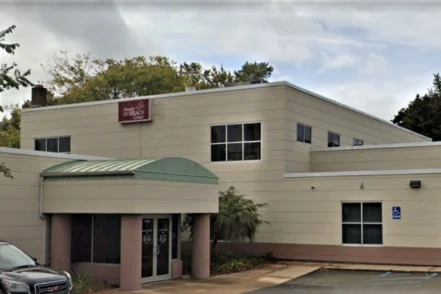 Michigan
MichiganFamily Outreach Center Grand Rapids
1939 South Division Avenue Grand Rapids, Michigan 49507
-
 Michigan
MichiganAscension Brighton Center for Recovery
12851 Grand River Road Brighton, Michigan 48116
-
 Michigan
MichiganBear River Health at Walloon Lake
2329 Center Street Boyne Falls, Michigan 49713
-
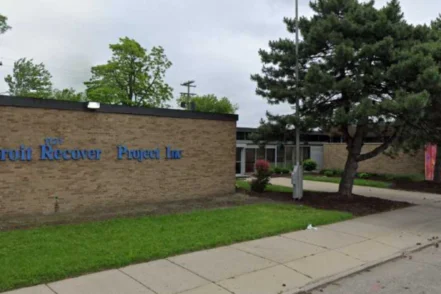 Michigan
MichiganDetroit Recovery Project Eastside Health and Wellness Recovery Resource Center
1121 East McNichols Road Detroit, Michigan 48203
-
 Michigan
MichiganQuality Behavioral Health Detroit
745 East Grand Boulevard Detroit, Michigan 48207
-
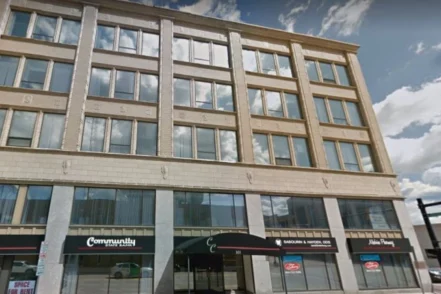 Michigan
MichiganSacred Heart Rehabilitation Center Saginaw
301 East Genesee Street Saginaw, Michigan 48607
-
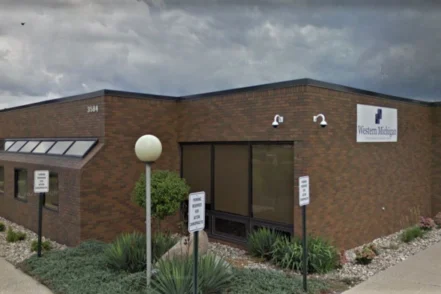 Michigan
MichiganWestern Michigan Comprehensive Treatment Center
3584 Fairlanes Avenue Sw, Suite 2 Grandville Gaastra, Michigan 49418
-
 Michigan
MichiganCommunity Medical Services
25639 Ford Road Dearborn Heights, Michigan 48127
-
 Michigan
MichiganSacred Heart Rehabilitation Center Richmond
400 Stoddard Road Richmond, Michigan 48062
-
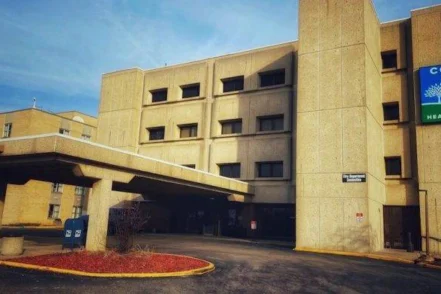 Michigan
MichiganAdvanced Rapid Detox
4777 East Outer Drive, Suite 2 West Detroit, Michigan 48234
-
 Michigan
MichiganMariners Inn
445 Ledyard Street Detroit, Michigan 48201
-
 Michigan
MichiganBio Medical Behavioral Healthcare Roseville
31581 Gratiot Avenue, Suite 100 Roseville, Michigan 48066
-
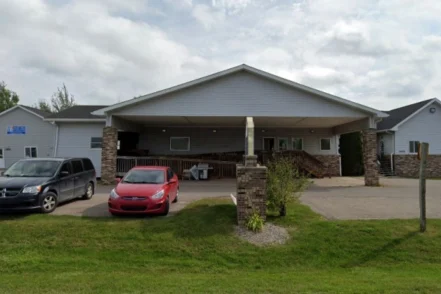 Michigan
MichiganGreat Lakes Recovery Centers Womens New Hope House
2655 Ashmun Street Sault Ste. Marie, Michigan 49783